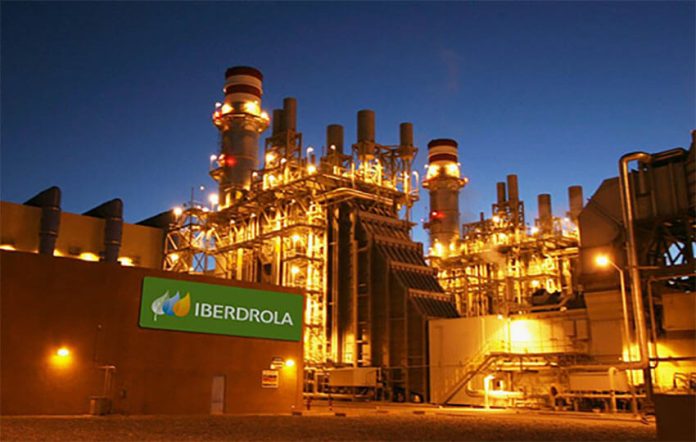Spanish energy company Iberdrola’s investment in Mexico fell to just US $16.1 million in the first quarter of 2022, a 93% decline compared to five years ago and a 60% drop in the space of a year.
The company – which President López Obrador holds up as an example of what he calls unscrupulous foreign firms that have “looted” the country – has cut its investment in the first quarter of every year since the president, a staunch energy nationalist, took office.
Iberdrola, which entered the Mexican market over 20 years ago and has numerous combined cycle power plants here as well as wind and solar farms, invested $222.3 million in Mexico in the first quarter of 2017.
Investment declined 4% to $212.6 million in the first quarter of 2018 before plummeting 62% in the space of a year to just $79.9 million in the first three months of 2019. López Obrador, who has made strengthening state-owned energy companies a central aim of his administration, was sworn in as president on December 1, 2018.
Iberdrola’s investment continued to decline in the first quarters of 2020 and 2021, dropping from $40.7 million in the first three months of last year to just above $16 million last quarter. The figure represents just 0.7% of the company’s global investment in the first quarter of 2022, which totaled $2.35 billion.
Five years ago, in the first quarter of 2017, Iberdrola allocated 20.4% of its global investment to energy projects in Mexico. The president at the time was Enrique Peña Nieto, whose energy reform opened up the sector to foreign and private companies.
In late 2020, Iberdrola threatened to stop investing in Mexico altogether due to a lack of clarity about how the government would treat foreign companies. CEO Ignacio Galán said during a presentation of Iberdrola’s latest financial results that the company didn’t expect to invest heavily in Mexico in the near future.
López Obrador’s proposed electricity reform, which would have guaranteed the state-owned Federal Electricity Commission over half the power market, failed to pass the lower house of Congress earlier this month, allowing foreign and private companies to breathe a sigh of relief, but the federal government has other ways it can make life difficult for non-state actors in the energy sector.
One tactic it has used to hinder private companies is to reject or delay the permits they need to operate without encumbrance in Mexico’s energy sector.
Since March 2021, the Energy Regulatory Commission (CRE) has rejected at least 10 requests made by Iberdrola to modify or renew permits, the newspaper Reforma reported.
Beatriz Marcelino Estrada, president of the Association of Energy Distributors and Dealers, said last month that more than 600 energy sector permit applications submitted to the CRE, the Energy Ministry and the Agency for Safety, Energy and the Environment were stalled. She said the delays were affecting investments worth approximately 18 billion pesos (US $882 million).
Iberdrola’s power plant in the Nuevo León municipality of Pesquería is one of the affected projects. The plant has been unable to operate for almost three months because the CRE refused to modify one of its permits.
Iberdrola, which has a presence in 15 states, is one of the largest private energy companies in the Mexican market. According to the Iberdrola México website, the company generated 16% of the country’s electricity in 2019.
If the government has its way, that figure won’t be going any higher.
With reports from Reforma
